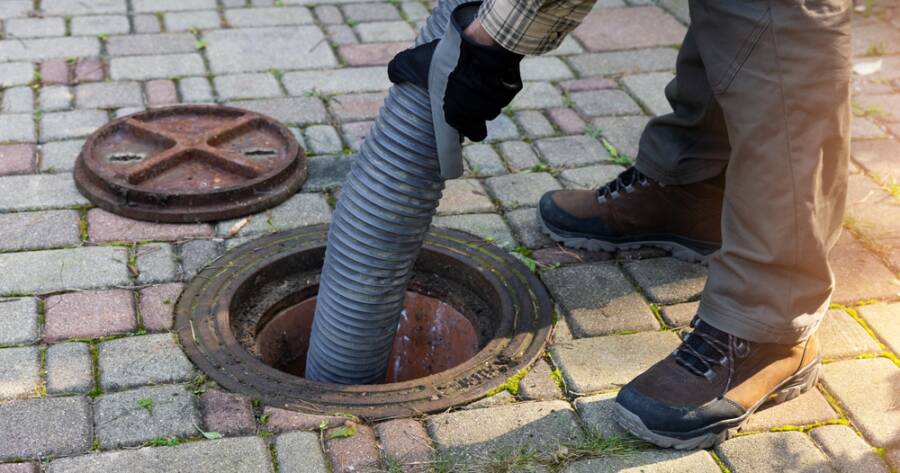Septic tank maintenance is vital for homes relying on such systems for wastewater disposal, especially in rural areas. Regular inspections, cleaning, and efficient water use prevent costly repairs and ensure system health. Innovative solutions and educated budgeting further assist in managing upkeep effectively. Understand maintenance essentials and cost considerations that safeguard septic system longevity.
Understanding Septic Tank Maintenance
Septic systems are an integral part of many homes, especially in rural and suburban areas. These systems serve to treat and dispose of wastewater where municipal sewage systems are not available.
Proper maintenance of a septic tank is essential to ensure the effective treatment of wastewater and prevent costly repairs that can arise from neglect. Routine inspections and cleaning can avert problems ranging from slow drains to dangerous overflows.
Key Aspects of Regular Maintenance
Regular inspection and pumping are among the most crucial steps in maintaining a septic system. The Environmental Protection Agency recommends that household septic systems be inspected at least every three years, with pumping required every three to five years depending on factors such as household size, tank size, and wastewater volume. Licensed professionals are essential for these tasks to ensure that the system operates within optimal parameters.
Septic tank cleaning, which involves removing sludge and scum buildup, is necessary to maintain effective system functioning. Professional inspections not only assess the health of the septic system but also identify any potential issues that may require repair or replacement before they become problematic. Timely repairs can prevent further damage and avoid incurring substantial future expenses.
Best Practices for Septic Tank Health
Efficient use of water is crucial in maintaining the health of a septic system. By conserving water, homeowners reduce the volume of water entering the system, which minimizes the risk of malfunctions. Implementing high-efficiency appliances and spreading out activities like laundry can significantly affect system longevity. Proper waste disposal is equally critical; only human waste and toilet paper should be flushed, while items like grease and chemicals should be avoided to prevent system damage and protect the system.
The drainfield, a vital component of septic systems, requires careful attention. Homeowners should avoid parking vehicles, building structures, or planting deep-rooted vegetation over the drainfield to prevent damage. Keeping the area free of blockages ensures proper wastewater treatment.
Innovative Maintenance Solutions
New products are enhancing the way septic systems are maintained. For instance, BioOne septic tank maintenance solutions utilize 100% vegetative microbes for an innovative and effective approach recognized by the U.S. EPA. Incorporating such microbial products into the regular routine can prevent issues and extend the life of the septic system by using modern solutions.
Cost Considerations for Septic System Maintenance
The financial aspect is a significant consideration when dealing with septic systems. The cost to replace a septic system varies widely, heavily influenced by factors like house size and the type of materials used. Knowing potential costs helps homeowners budget effectively. Engaging licensed professionals for installation and repair is imperative not only to adhere to regulations but also to avoid expensive issues down the line by ensuring quality workmanship.
Septic system repairs can be costly, averaging around $1,775, but may range significantly based on the specific repairs needed and other factors. Understanding the system type and location matters as certain areas may require specific types of systems like leach fields that could influence costs and maintenance practices.
Learn More About Septic Tank Maintenance
Fostering a comprehensive understanding of septic tank maintenance is crucial for protecting both financial and environmental health. Septic systems, though often out of sight, play a critical role in waste management.
Regular maintenance using both traditional and innovative solutions can ensure longevity and efficiency, making a proactive approach essential. Understanding maintenance solutions like BioOne products and knowing about the potential costs associated with septic repairs can guide homeowners in making informed decisions.
Sources
EPA Guide on Septic System Care
Honey-Wagon’s Septic Maintenance Coverage
South Carolina Department of Health on Septic Maintenance

